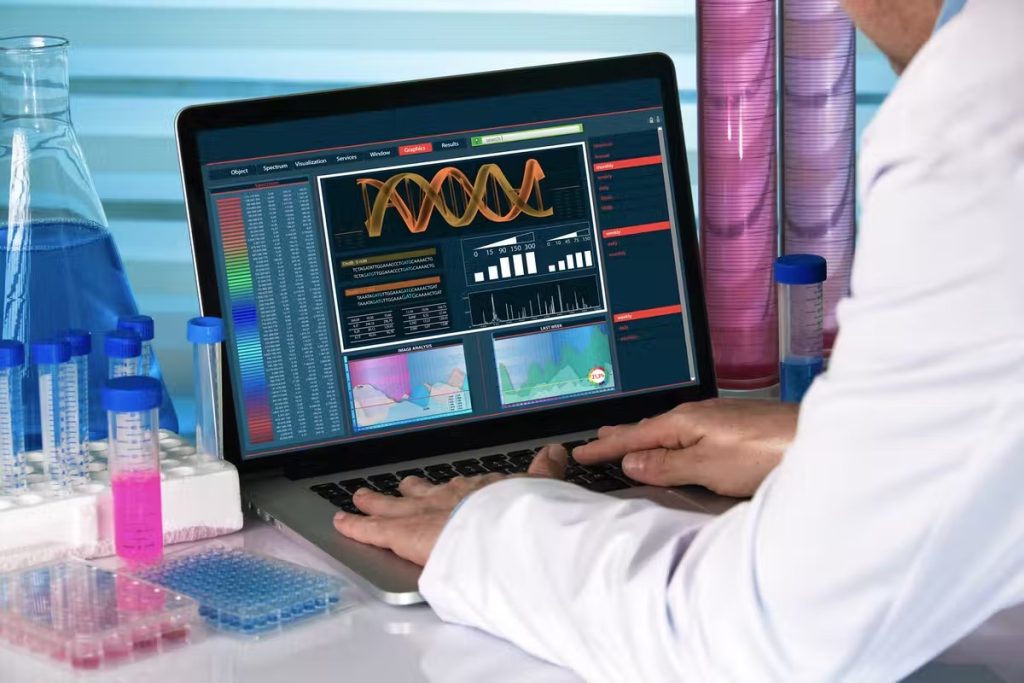Your DNA has turned into a significant ware. Organizations, for example, 23andMe may charge you for an investigation of your hereditary profile, however they bring in their genuine cash from selling that information on to different organizations.
Presently medical services suppliers are going with the same pattern by empowering patients to step through hereditary exams that will make information bases apparently for clinical examination. England’s National Health Service (NHS) as of late declared that it was sending off such a plan trying to fabricate an information base of anonymised hereditary information for specialists.
Yet, late reports that Our Lady’s Children’s Hospital, Crumlin in Dublin – Ireland’s biggest youngsters’ emergency clinic – purportedly imparted patient DNA information to a confidential firm without fitting assent features the potential gamble that accompanies surrendering your hereditary records. Your DNA contains delicate data that can be utilized to come to significant individual conclusions about you and your relatives. At the point when you hand over these subtleties to an enormous data set – whoever is building it – you are eventually taking a chance with it being utilized in manners you can’t predict and which aren’t consistently to your advantage.
The primary inquiries are where your information will wind up and who will approach it. The NHS is endeavoring to keep control of the hereditary information it accumulates by imparting it to specialists at its own organization, Genomics England. Yet, there has been no sign of what purposes the information can be utilized for, or what cutoff points will be put on its utilization or move to other examination places or organizations. Before, Genomics England met with Google to examine how the tech firm could assist with dissecting hereditary information assembled under a past plan, the 100,000 Genomes Project.
A representative for Genomics England let The Conversation know that it had “no formal legally binding connection between Genomics England and Google”. Notwithstanding, it said: “We have a common interest in secure information stockpiling and we have gatherings every now and then. As a feature of our order to invigorate the UK genomics industry, we are in contact with Google Ventures. They put resources into life sciences organizations which might be keen on working with us.”

The new Irish illustration of information move obviously without proper assent additionally advises us that arrangements and rules over who can get to information can be broken. In January 2019, an examination was sent off into the supposed stockpile of 1,500 DNA tests from the Crumlin youngsters’ emergency clinic to Genomics Medicine Ireland (GMI) without legitimate authorisation from patients.
In the event that these claims are valid, it would address a break of European information security regulation, which requires express assent for the handling of DNA information. What is maybe to a greater extent an issue is that in any event, when individuals determined will occur with their information, they may not grasp those purposes or its possible results.
Drives, for example, the NHS project are legitimate by claims that they offer an effective method for diagnosing interesting or unseen diseases, accelerating treatment and working on understanding results. All the more comprehensively, advocates contend, sharing DNA information can permit specialists to detect designs that would some way or another go unidentified, expanding logical comprehension and helping with the improvement of medicines.
Yet, having your DNA sequenced isn’t simply an approach to seeing whether you are in danger of an illness or making a selfless commitment to a theoretical examination project. DNA information uncovered our most inborn attributes, uncovering ethnic or racial groupings, as well as illustrating current and future medical problems. Certain individuals have even attempted to interface DNA tests to knowledge.
Worries about connecting people to the attributes uncovered by their DNA are typically countered by claims that the information is anonymised. However, both functional experience and scholarly work have shown that anonymised information can frequently be reassociated with individuals it was gathered from.So sharing your hereditary data could open you to expected segregation assuming it winds up with some unacceptable individuals or is utilized for some unacceptable purposes. Being offered different health care coverage inclusion and at various costs is the clearest risk. In any case, contingent upon who purchases the information, drug organizations, managers and even government specialists could get to your DNA and settle on choices in light of it.
Popularity based states can’t normally accumulate DNA proof without the consent of an adjudicator or through another lawful system. Yet, on account of the “Brilliant State Killer”, US policing utilized DNA information from a public lineage data set to get proof they wouldn’t in any case have had the option to gather. This raises worries about the readiness of legislatures to utilize hereditary records initially made to investigate individuals’ family for a totally different reason.
Offering special kinds of mystery
The Golden State Killer case is even more significant on the grounds that it features the most central issue with DNA-sharing drives. At the point when you share your DNA, you’re additionally sharing information about your whole family, who haven’t really assented. The Golden State Killer didn’t get a DNA test however one of his family members did. At the point when enough individuals share their DNA, the hereditary profile of whole networks opens up.
An investigation of the information base that was utilized to get the executioner assessed that it contained the profiles of 0.5% of the US populace, yet this addressed relatives (third cousin or closer) of 60% of white Americans. With 2% of the populace, that figure would increment to 90%.
GMI as of now intends to construct the world’s biggest entire genome data set of exactly 400,000 members – approximately a 10th of Ireland’s populace – from a presence in every one of the nation’s significant medical clinics. This would probably give the firm data on pretty much every family bunch in Ireland and a colossal extent of the Irish diaspora (assessed at 70m), empowering it to distinguish the most confidential qualities of a worldwide populace.
This shows how, when certain individuals permit their DNA information to be shared, it could uncover the two them and their families to risk and dissolve the privileges of every other person, meaning we as a whole have a stake in how hereditary records are shared. Associations should be expected to be more clear about who will utilize the DNA information they gather, and for what to forestall hazard of abuse.
